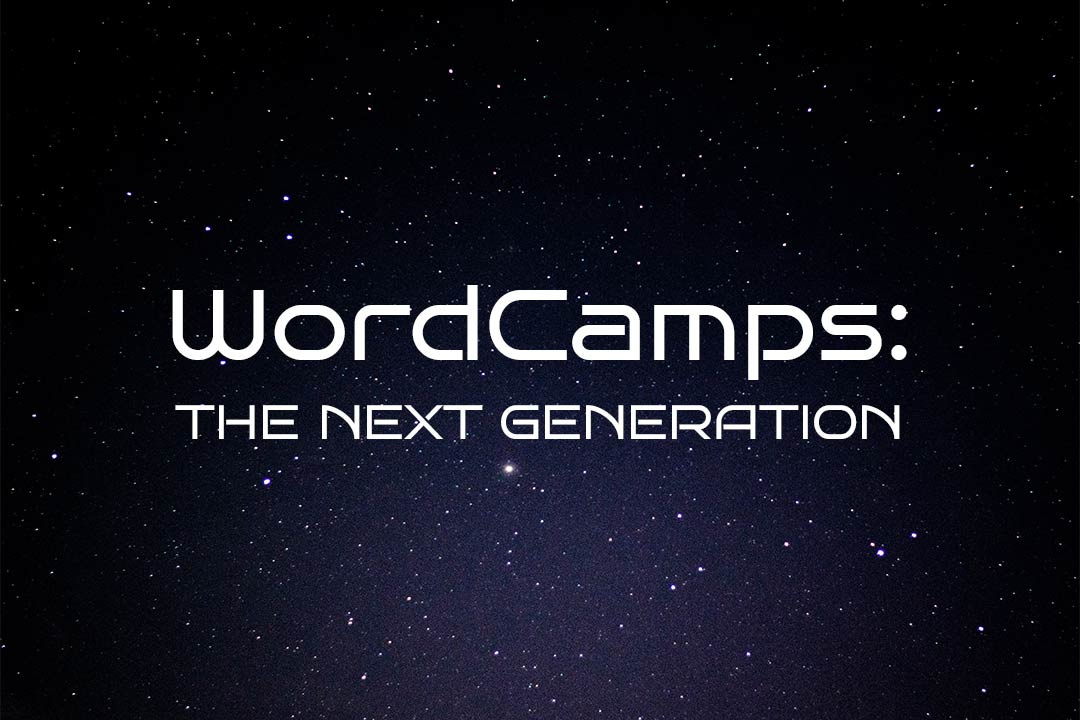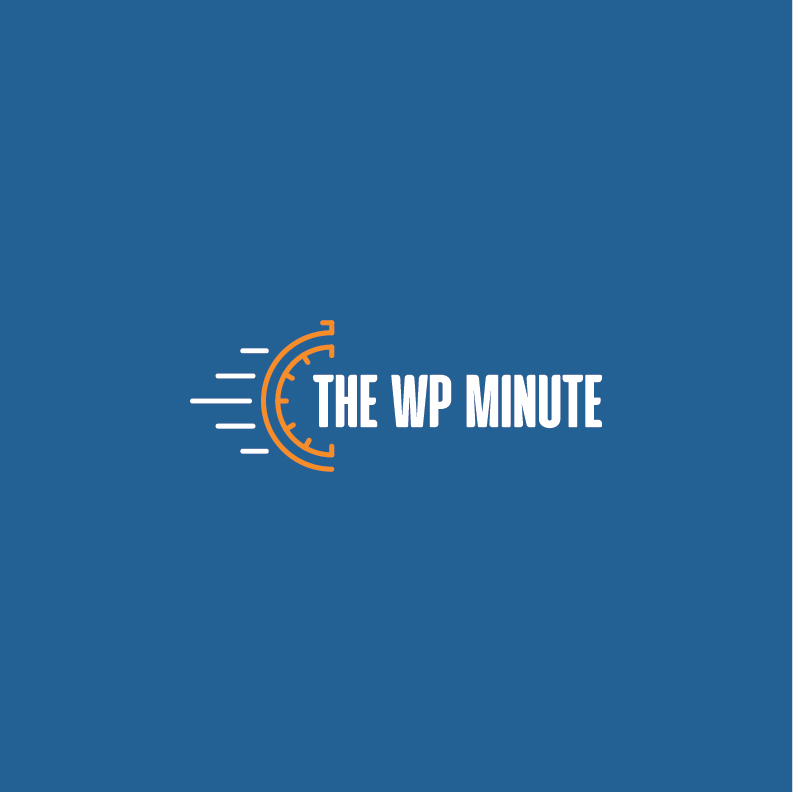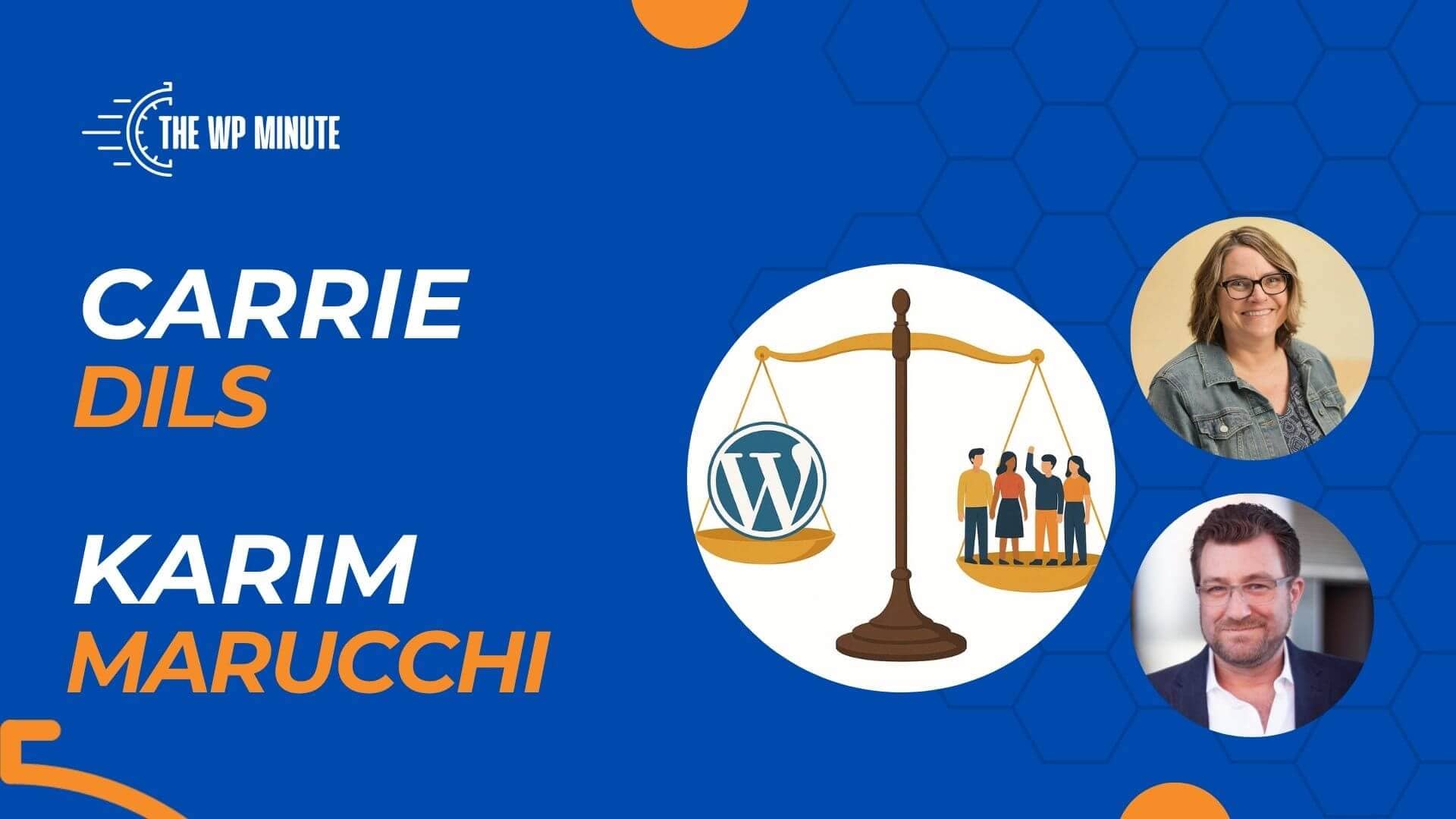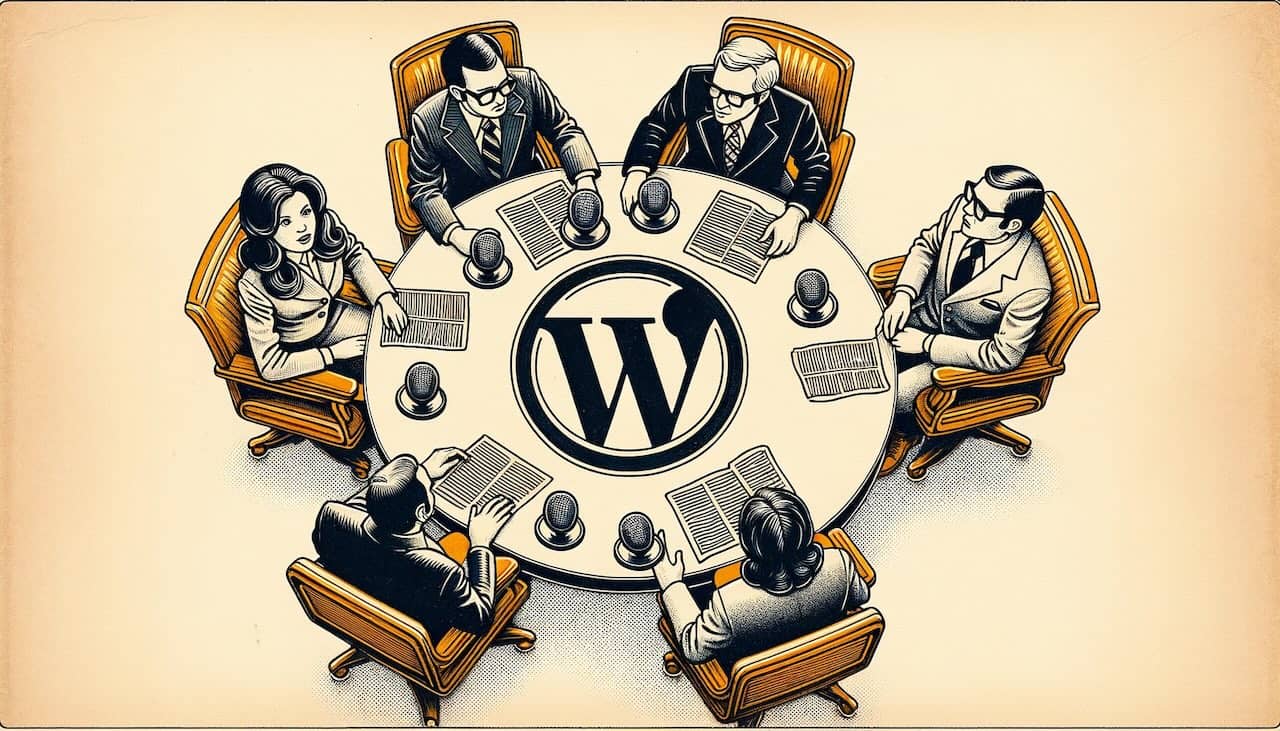WordCamps have long served as a point of connection within the WordPress community. Those who attend these worldwide events gain knowledge. But they also find kinship and opportunity.
Thus, the importance of WordCamps can’t be overstated. They’re vital to the growth of both the software and the community. We missed them during the pandemic. And we’re thankful that they’re making a comeback.
But the expectations surrounding the events are changing. Companies need hard data to gauge the benefits of sponsorship. Organizers are looking to streamline the process of putting a WordCamp together. And attendees want to learn skills that are relevant to them.
These issues have sparked a conversation about the future of WordCamps. There are ideas to modernize how they work and better serve stakeholders. All while continuing to fit into the limited budget and available resources.
So, how do we get the most out of the WordCamp experience? And what are the challenges involved? Let’s take a closer look.
Q&A with Angela Jin, WordPress Head of Programs & Contributor Experience
When discussing the future of WordCamps, Angela Jin’s post, The Next Generation of WordCamps, offers a good starting point. As the project’s Head of Programs & Contributor Experience, she has laid out a vision for how these events could evolve.
The WP Minute spoke with Angela regarding this vision. Our talk has been lightly edited for clarity and brevity.
The WP Minute: In your opinion, what (if anything) is lacking with the traditional WordCamp model?
Angela Jin: The traditional WordCamp model has served our community exceptionally well, and for a long time. In recent years, event organizers (in and outside of the WordPress community) have noted that attendees and sponsors are increasingly selective about what kind of events they attend, and most notably, want to know what they get out of participation. WordCamps have long been everything for everyone, which makes it challenging to meet the needs of every audience.
TWPM: Has there been a dialog with event organizers? What are their concerns regarding the current state of WordCamps?
AJ: Of course! The Community Team and I regularly chat with event organizers, speakers, sponsors, volunteers, and attendees. Common concerns are:
- Little distinction between local and regional events, aside from size and location.
- The cost of in-person events is increasingly expensive, as is attending them.
- Organizers have expressed fatigue in organizing WordCamps.
- Aside from online workshops, we don’t have many online event formats, which would diversify and attract a new audience that may not be able to participate in person.
- The return on investment (ROI) for WordCamps is unclear to organizers, speakers, attendees, and sponsors, especially before attending an event.
TWPM: Your proposal mentions shifting to events that are more focused on specific topics and audiences. How do you think this could impact attendance?
AJ: As a personal example, I recently spoke at Open Source 101. This event was defined as “101” level and was held at a community college. Both attendees and volunteers were mostly students or people looking to change careers. The organizers took steps to be inclusive, resulting in diverse participants within this background.
So I do think more specific topics and defined audiences can positively impact attendance. I anticipate people, whether they are in WordPress or not, will be attracted to a more clearly defined event topic or audience.
TWPM: Do you anticipate any challenges in recruiting speakers to participate in more narrowly-focused camps?
AJ: I anticipate that we will have similar challenges in recruiting and ensuring a representative mix of speakers. However, I do think that a more clearly defined ask (for example, “Advanced development in WordPress” or “Women in WordPress”) has the potential to improve talk pitches.
TWPM: Do you envision these next-generation WordCamps catering to more advanced users? How can we keep them friendly to beginners?
AJ: Yes and yes! If we want to cater to more advanced users, that’s immediately going to be content that is less friendly to beginners, and vice versa. But by creating spaces for both, we can really celebrate all users. This could look like two independent events, each of which would be valuable on their own.
If we wanted to experiment with both at the same time, we could have “WordPress Development for Beginners and Advanced Users” with beginner and advanced workshops, and then intentional networking/meet-and-greet sessions where beginner attendees are paired with advanced users. We could even branch out from workshops into self-learning formats, demos, etc.
TWPM: It seems like events in many locales have been slow to come back post-pandemic. What can be done to help these camps bounce back?
AJ: In this past year, the Community team has done an amazing job of reactivating in-person events and recruiting new organizers. However, we still have blockers related to resources. Event spaces are getting more expensive, and sponsorship is tight. And, people are understandably tired.
I am looking into increasing our stipend for meetup venue support. It would be amazing if more companies could provide or help pay for event space, or sponsor a contributor’s time to help organize events.
More variety in our event formats will bring more excitement and energy, and we can keep costs low. WordPressers do love to network and create big ideas together. An event centered around networking and generating big ideas could benefit from being outside over a picnic instead of in a large conference room.
TWPM: Looking to the future, how do you think the WordCamp experience will change in the next few years?
AJ: The WordCamp experience, for me, is all about connection—connection with other people, with WordPress itself, with new ideas and opportunities, and even with the joy of having fun. By sharpening our purpose in meeting, we amplify that connection and give it stronger direction: we can connect with other people to create partnerships. We can connect with WordPress to grow our professional skills. The WordCamp experience could be a rich tapestry of event formats, with deeper dives into more specific topics and larger celebrations of the people involved in WordPress.
Taking WordCamps to the Next Level
Changing the familiar is a delicate balance. Many involved in WordCamps have a comfort level with the events. They know what to expect and are eager to attend.
But that may not represent most potential attendees. Therefore, the idea of more focused camps makes sense. Instead of a hodgepodge of topics, a narrowed agenda could be a net positive. For example, anyone interested in eCommerce would get a lot out of a WordCamp dedicated to the topic.
And we can’t forget the importance of sponsors. They help to keep ticket costs down and allow organizers some breathing room. As such, WordCamps will need to evolve to keep them happily spending.
What do you think the next generation of WordCamps should look like? Share your feedback on Angela Jin’s post or reach out to us on Twitter @thewpminute.
Many thanks to Angela Jin for taking the time to speak with us! You can find her on Twitter or her website.
Join The Newsletter
Get your favorite 5 minutes of WordPress news for busy professionals every week — 100% Free! Join the WP Minute Newsletter below 👇





